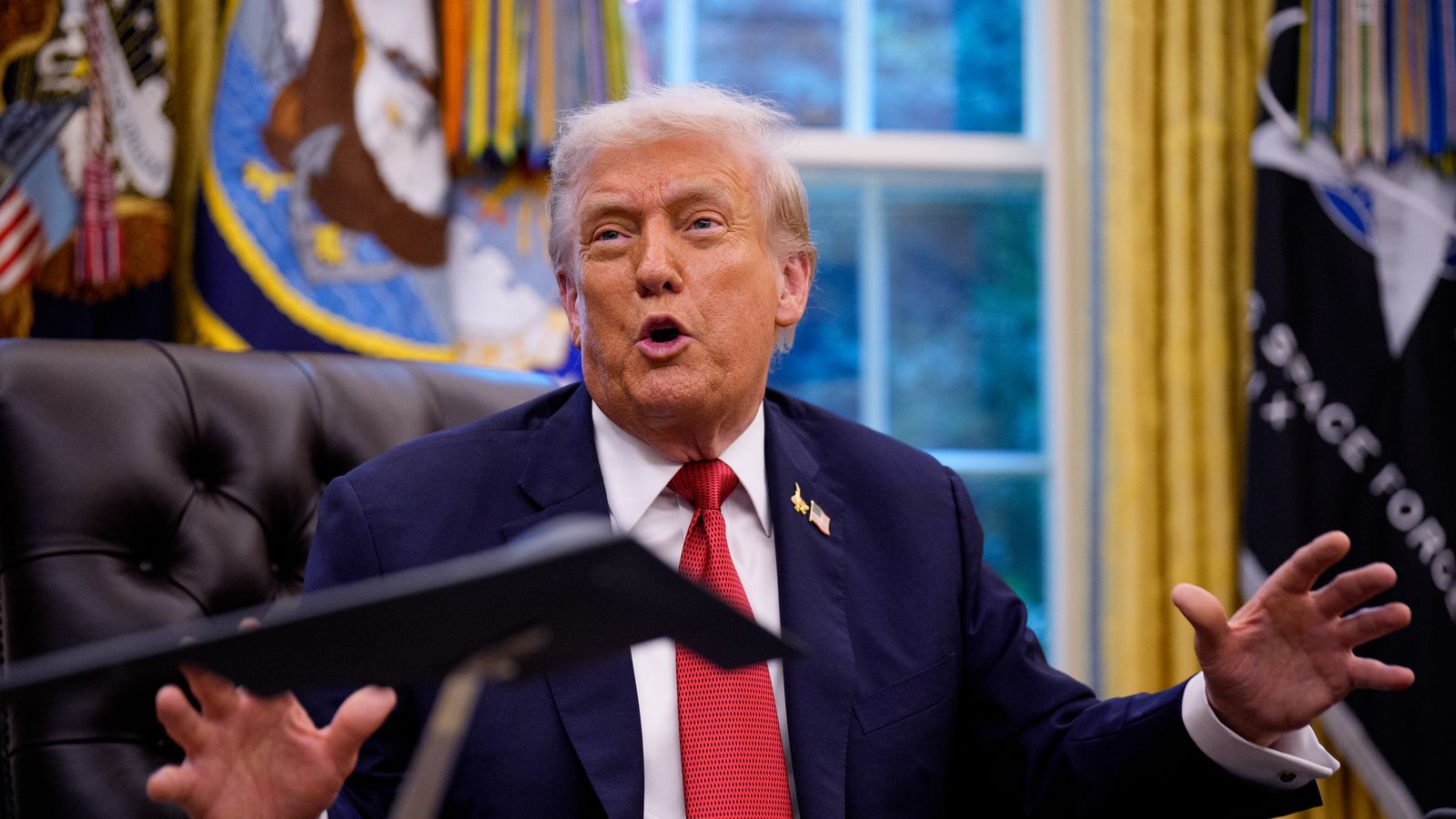The quaint Irish town of Westport, which serves as the worldwide center for Botox production, is confronting an uncertain future due to a proposed trade agreement from the Trump administration. This town’s economic prosperity is deeply dependent on the Allergan facility, the only factory that manufactures the global supply of the well-known cosmetic and medical product. The potential impacts of this trade agreement may have significant effects on the town’s employment and economic steadiness, underscoring the fragile nature of global supply chains and international diplomacy.
The Allergan facility is not just a major employer in Westport; it is the economic lifeblood of the community. The plant provides hundreds of high-paying jobs and supports numerous local businesses, from restaurants and shops to service providers. Its presence has transformed the town, creating a thriving and prosperous community. This symbiotic relationship between a global corporation and a small town is a powerful example of how international trade can drive local economic growth. However, this dependence also makes the town vulnerable to the kind of geopolitical and economic shifts that a new trade deal could bring.
The proposed trade agreement, a key initiative of the Trump administration, seeks to re-evaluate and restructure existing trade relationships between the United States and the European Union. While the full details of the deal are still under negotiation, the focus is on reducing trade deficits and implementing a “America First” approach. This could lead to new tariffs, import quotas, or other trade barriers that could significantly impact the cost and distribution of products like Botox. For a company like Allergan, which exports its product globally, any new restrictions or taxes could disrupt its business model and force it to reconsider its manufacturing strategies.
The possibility of new tariffs is the primary worry for Westport right now. If tariffs are imposed on imported items like Botox, it would increase the cost of the product in the U.S., which is an essential market for Allergan. This price hike could result in a drop in demand, compelling the company to cut down on its production. Such a decrease in manufacturing would directly and negatively affect the workforce in Westport, possibly causing layoffs or reduced work hours. This economic impact would be experienced across the entire town, as decreased consumer spending would hurt local businesses and reduce the town’s overall well-being.
Beyond tariffs, the trade deal could also introduce new regulatory hurdles. The European Union and the United States have different standards and regulations for pharmaceuticals and medical products. A new trade agreement could require Allergan to meet a new set of standards, which could be costly and time-consuming to implement. This could create a bureaucratic nightmare and further disrupt the production and distribution of Botox. For a town so reliant on the smooth operation of this one plant, any such disruption could be disastrous.
El escenario en Westport es un reflejo de una tendencia global más amplia. En un mundo con economías interrelacionadas, una decisión política en un país puede tener un impacto significativo en una pequeña localidad al otro lado del planeta. El acuerdo comercial propuesto por la administración Trump es un claro recordatorio de esta interconexión y de la vulnerabilidad de las economías locales frente a las fuerzas políticas globales. Para los habitantes de Westport, el resultado de estas negociaciones comerciales no es un tema político abstracto; es una cuestión de sus medios de vida y el futuro de su comunidad.
The community in Westport is watching the trade negotiations with a mix of hope and apprehension. They are hopeful that a deal can be reached that protects their local industry, but they are also apprehensive about the potential for a trade war that could have a devastating impact. The local government and business leaders are working with Allergan and other stakeholders to lobby for a favorable outcome, but they know that their fate ultimately rests in the hands of global leaders. This situation serves as a stark reminder of the challenges faced by communities that have placed all their economic eggs in one basket, particularly in a volatile and unpredictable global political climate.




